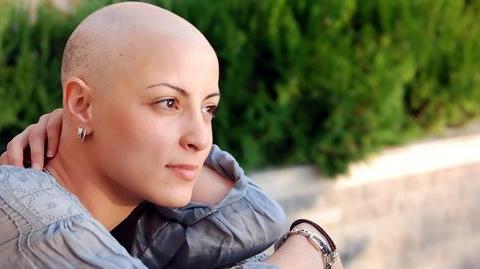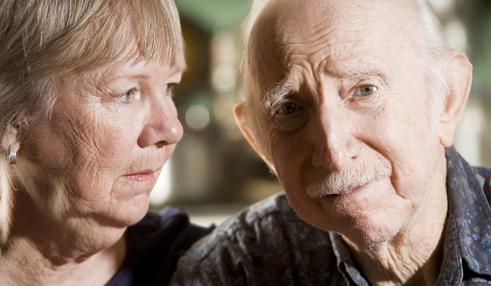“Targeted Therapy Cocktail” Could Control, Perhaps Cure, Cancer

What’s the Latest Development?
By changing how clinicians battle cancer, Harvard medical researchers believe the disease could become manageable, if not curable. While cancer treatment has entered a relatively new stage of “targeted therapy”, as opposed to chemotherapy, most treatments last just a few months before the cancer becomes resistant. Now, the Harvard researchers have pinpointed a gene which helps cancer cells develop resistance to the targeted drugs. Called the KRAS gene, it is present in approximately one in a million cancer cells, but begins to multiply rapidly once targeted therapy has killed the cancer cells without the KRAS gene.
What’s the Big Idea?
The conclusion of the research is that a one-drug cancer therapy will not work, and that medicine must be developed to attack the KRAS gene and the cancer cells it inhabits. “The treatment must be tailored to the patient, and must be based on the genetic makeup of the patient’s cancer. Perhaps even more importantly, said Martin Nowak, a professor of mathematics and of biology and director of the Program for Evolutionary Dynamics, the two drugs used simultaneously must not overlap: If a single mutation allows the cancer to become resistant to both drugs, the treatment will fail just as the single-drug therapy does.”
Photo credit: Shutterstock.com





